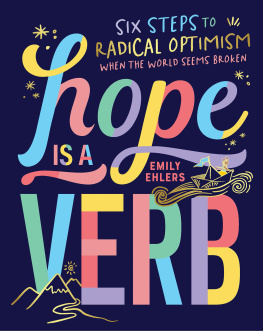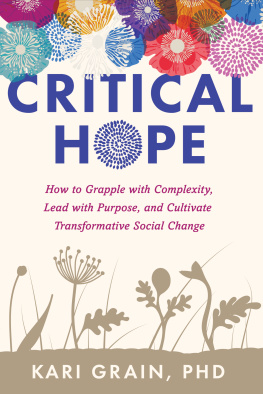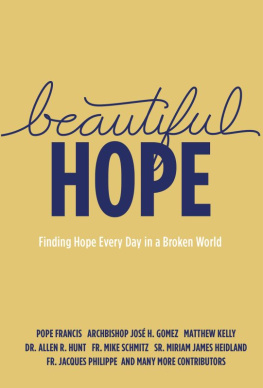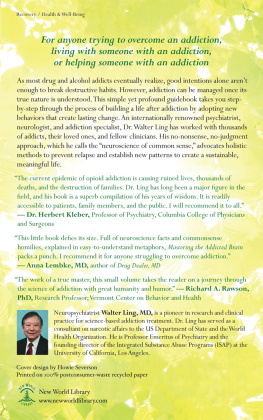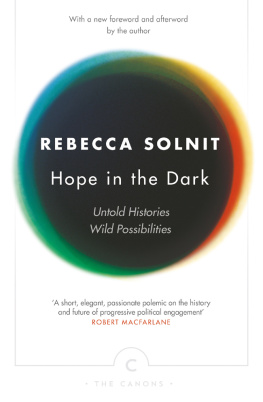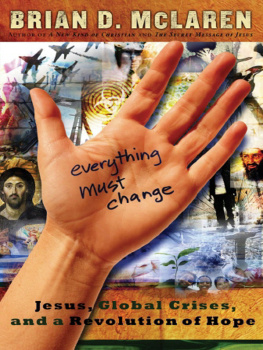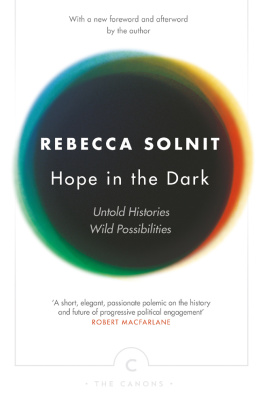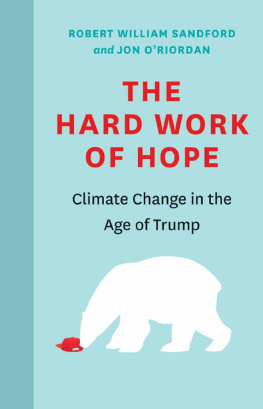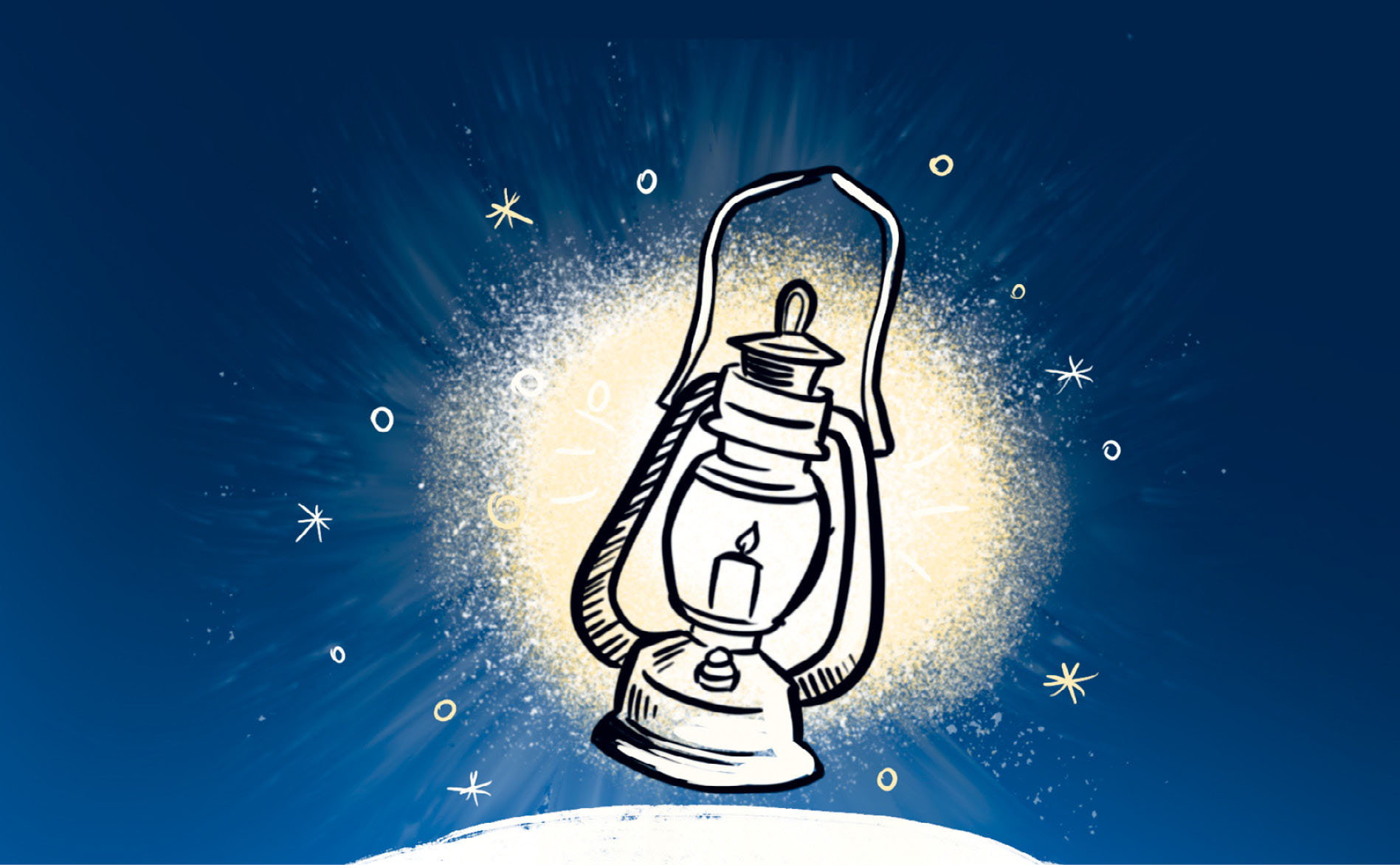When I was a little girl, every year, I would hope that Santa would bring me one thing: a dolphin. Despite my extremely clear demands, Mr. Claus never fulfilled his part of the deal, though to be fair, he did compensate with dolphin-themed gifts.
Clearly, I didnt have the greatest grip on what hope actually was (nor on the basic needs of my favorite aquatic animal). I thought hope was a letter addressed to the North Pole, a wish that I could simply cast out to the universe. All I had to do was wait until what I wanted was delivered to me with impeccable wrapping and free postage!
My definition of hope was wonky.
What is hope?
In broad terms, hope is a deep desire for something to happen. A quick scan of the official definitions explains that hope also comes with a side serving of expectation; while nothing is guaranteed, the core of hope is the simple belief that whatever we hope for could happen.
Studies indicate that when people have hope, they are better able to manage stress, cope with setbacks, think creatively and achieve their goals. It is also an essential component for learning, motivation, and improvement of skills. Hopeful people are often happier and more resilient and even recover more quickly from physical ailments (possibly because they are highly motivated to participate in their healing).
Hope is essential for us to live our lives to their fullest potential.
But lets be honest, a quick glance around our planet can be enough to quickly dampen any warm, fuzzy feelings of hope. Climate change, pandemics, racism, poverty, extreme weather, economic uncertaintythe list goes on.
No wonder so many people are struggling with a sense that the sky is falling. No wonder so many of us are experiencing anxiety and even panic about the future. When times are hard, its a hell of a lot easier to lose hope than it is to hold on to it. How can we feel hopeful when the world seems so... hopeless?
Hope is a verb
Expecting to simply have hope is a type of magical thinking that puts you at the mercy of your circumstances, as well as a million other precarious factors (such as: which news headline did you happen to scroll past five minutes ago?). Waiting for hope is like waiting for a portly gentleman to drop a dolphin down your chimney; its a wish, unlikely to come true.
But what if instead of waiting for hope to arrive, and in the meantime letting apathy and anxiety overwhelm us, we actively chose to be hopeful? What if we nurtured hope like a tiny flame, feeding it with new visions and inspiring possibilities, daily acts of kindness and courage, stronger communities, and a deeper sense of purpose until that flame started to glow on its own?
For hope to be meaningful, effective, and empowering, it requires your participation. Hope isnt just something you have; its something you do. Now, more than ever, we need individuals and communities to not only wish for change but also use it to light the way for the future.
This is active hope. This is hope as a verb.
I have experienced hopelessness before and likely will again. Through these experiences, I have learned to follow certain steps whenever the world feels dark.
These steps always help me keep the flame lit, even if it is only a flicker. And as I feel stronger, that flicker rekindles back into a flame.
This book provides a framework to help you find and nurture your own flame of hope and, in turn, a sense of optimism for the future. Crazy? Maybe. Worth trying? Youd better believe it. Because were all in this together, and our future depends on our ability to not only hope for a better world but also to make it possible.
We are all that we have, but my gosh, we have a lot. Lets go.
Authors Note
Unfortunately, this book is not maple syrupit cannot solve everything. We live in a world with very real systemic issues, massive discrepancies in privilege, unpredictable laws of nature, and governments that sometimes impede human rights to satiate their own desires. There are truly unfair things that happen in our world.
With that in mind, it is important to note that this book is not asking you to do All The Things. It is about doing what you can by taking small, simple steps that can help you nurture a sense of hope.
If you are struggling to cope in ways that are beyond the scope of this book, please know that there are resources to help. Turn to for helplines, people, and organizations that can assist you further.

